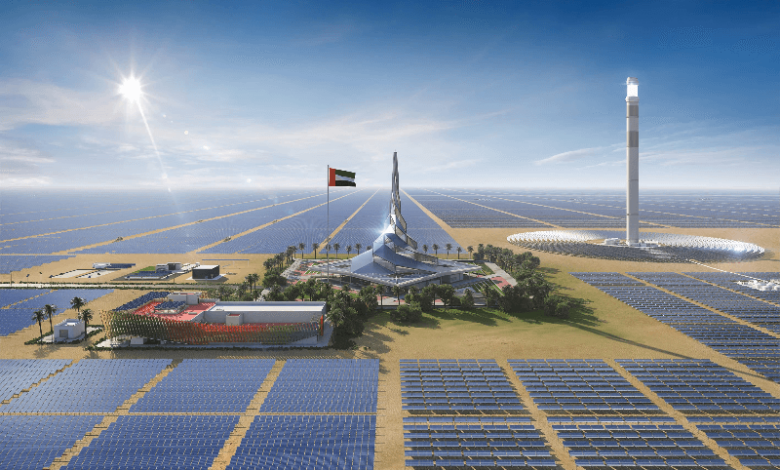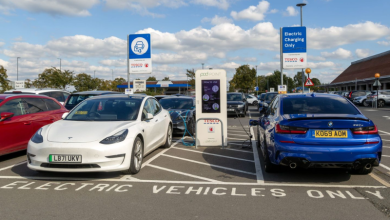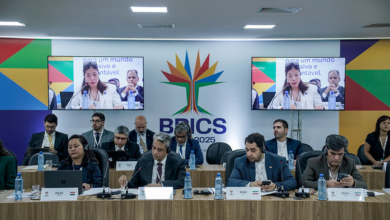Sustainability in limelight: UAE deepens focus on next-generation energy solutions

The UAE is planning to invest $23 billion over the next five years in next-gen energy sources such as hydrogen and ammonia. The country is planning to capture 5% of the global clean hydrogen production by 2030, according to a top executive at abu Dhabi National Oil Company.
The company is going to continue to develop oil and natural gas. But simultaneously, it plans to produce hydrogen and ammonia in the UAE and Texas, US. These energy sources are under the spotlight because they do not emit greenhouse gases upon consumption.
UAE Net Zero by 2050 Strategic Initiative
The UAE has been putting considerable effort into sustainability initiatives. The country’s Net Zero by 2050 Strategic Initiative is a national drive to achieve net zero emissions by the middle of the century. The UAE unveiled the ambitious step at Expo 2020 Dubai.
The net zero plan is going to create opportunities for sustainable development. It is an invitation to the global community to collaborate with the UAE in developing practical solutions, boosting multilateralism and creating opportunities for sustainable socio-economic development.
The Gulf state hosted the annual COP28 Summit at Expo City Dubai last November, convening thousands of participants from across the globe. The event recorded multiple successes, including the UAE Consensus and the operationalisation of the Loss and Damage Fund.
The UAE Net Zero by 2050 Strategic Initiative also supports the 2015 Paris agreement that stresses the need for all countries to prepare long-term strategies to reduce carbon emissions and limit global heating to 1.5 degrees Celsius above pre-industrial levels.
UAE deepening focus on next-gen energy solutions
In the latest decision by the UAE to invest $23 billion over the next five years in next-gen energy sources, the national oil company is going to process both blue hydrogen and green hydrogen into ammonia and export it to places like Japan, South Korea and Europe.
Separately, the UAE also plans to capture up to 10 million tonnes of carbon dioxide per year by 2030, equivalent to the annual emissions of about 2.4 million passenger vehicles. The country is trying to balance production of fossil fuels and supply of next-gen energy sources.



